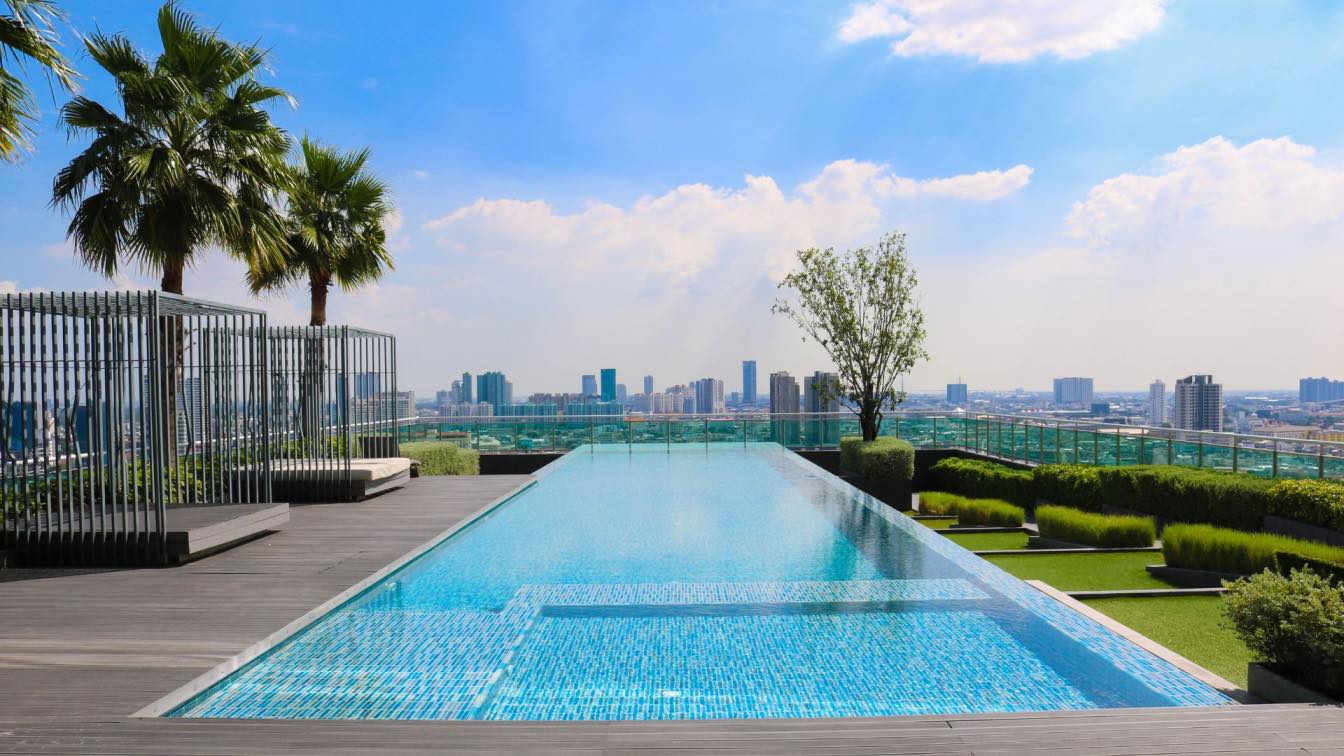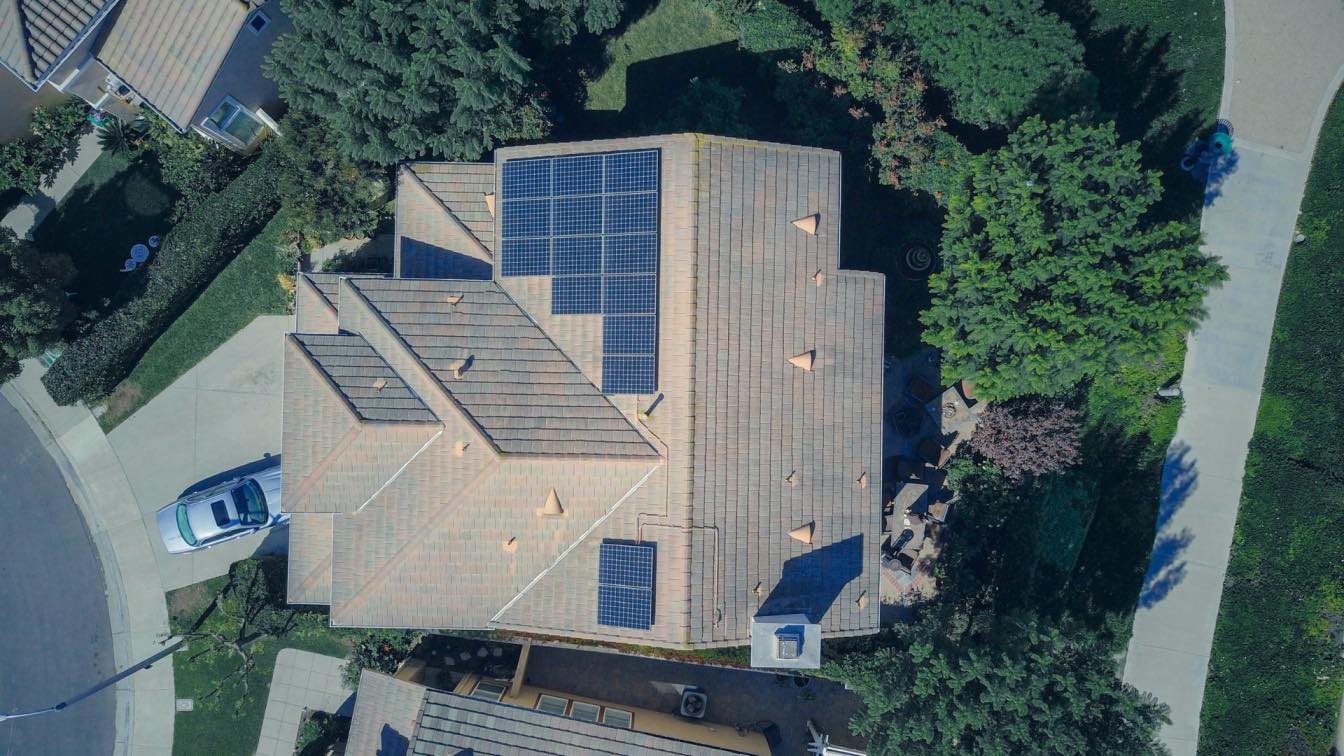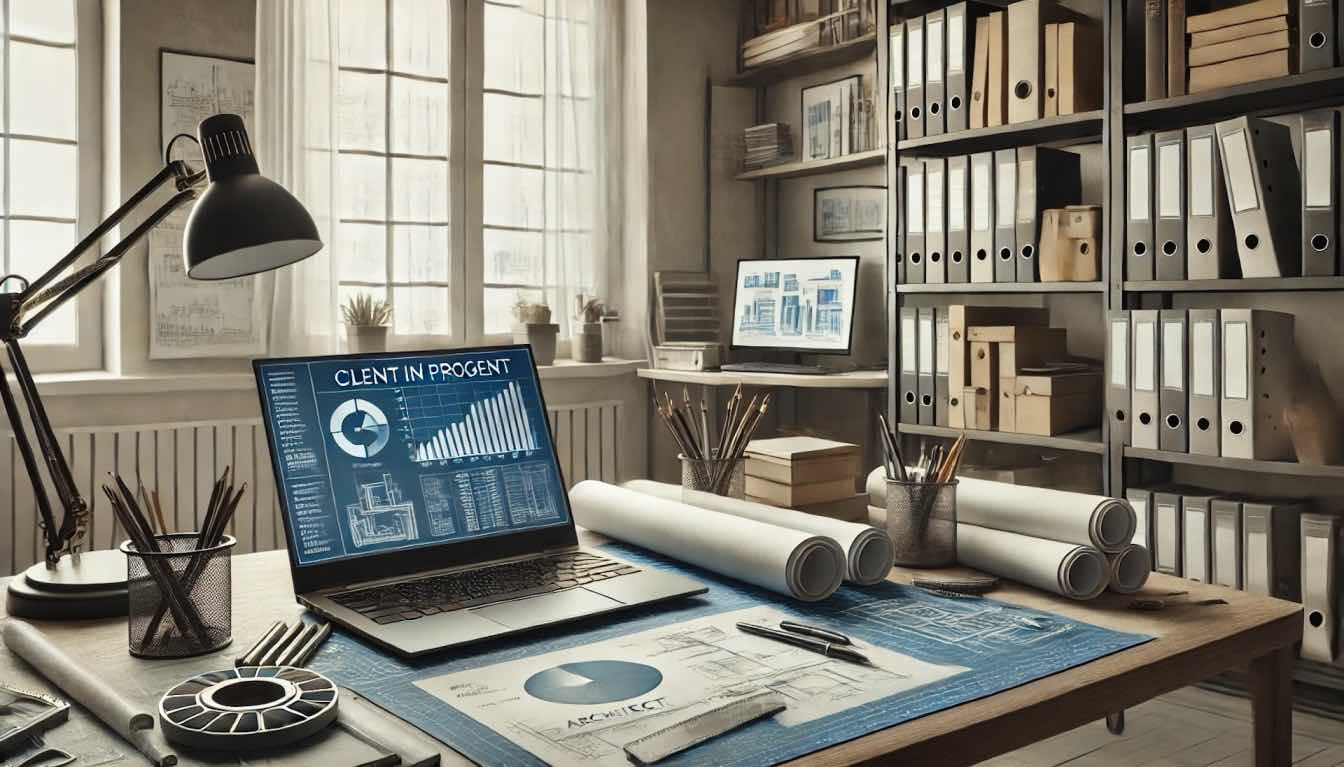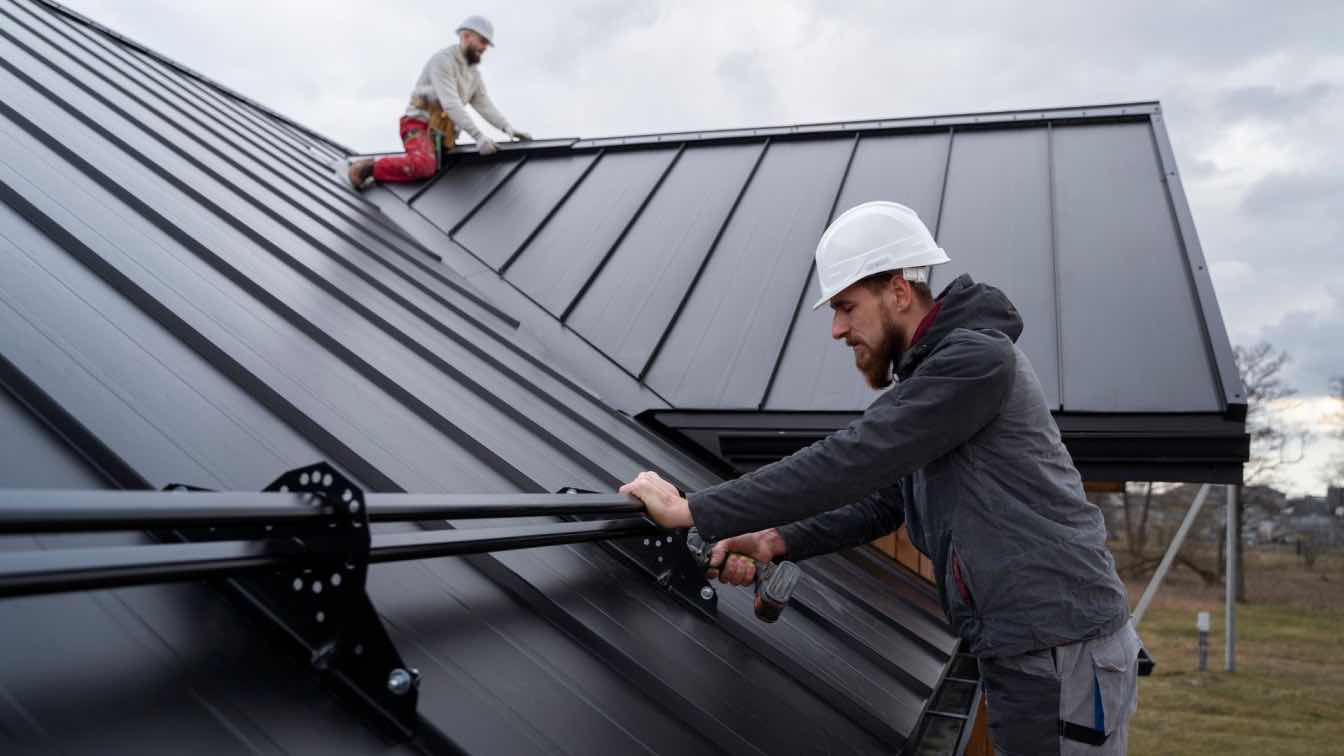Proper maintenance is crucial for ensuring the optimal performance and longevity of pool heating systems. By implementing regular maintenance practices, pool owners can maximize energy efficiency, prevent breakdowns, and extend the lifespan of their heating equipment. In this article, we will explore some essential tips for maintaining pool heating perth systems, providing valuable insights to help pool owners keep their pools warm and comfortable throughout the year.
Regular Inspection and Cleaning
Regular inspection and cleaning are fundamental aspects of pool heating maintenance. It is important to visually inspect the heating system components, including the heat pump, solar panels, gas burners, and associated piping, for any signs of damage, corrosion, or leaks. Clean the system by removing debris, leaves, and other obstructions that can impede airflow or clog filters. Clogged filters not only reduce the heating efficiency but can also damage the system over time.
Monitor Water Chemistry
Maintaining proper water chemistry is essential for the efficient operation of pool heating systems. Imbalanced water chemistry can lead to scale buildup, corrosion, and other issues that can affect the performance and longevity of the equipment. Regularly test the water's pH, chlorine levels, alkalinity, and calcium hardness, and make necessary adjustments using appropriate chemicals. Consult with a pool professional or refer to the manufacturer's guidelines for specific recommendations.
Ensure Proper Water Flow
Proper water flow is crucial for efficient pool heating. Check the water circulation system, including the pump and filter, to ensure they are functioning optimally. Clean or replace the pool filter as recommended by the manufacturer to maintain adequate water flow. A blocked or inefficient filter can restrict water circulation, resulting in reduced heating performance and potential equipment damage.
Inspect and Maintain Heat Exchangers
For pool heating systems that use heat exchangers, regular inspection and maintenance are necessary. Heat exchangers transfer heat from the energy source (such as a boiler or solar panels) to the pool water. Over time, scale buildup or corrosion can affect their efficiency. Inspect heat exchangers for signs of scaling, leaks, or blockages and clean them if necessary. It is also advisable to perform a descaling procedure periodically to remove any accumulated scale.
Check and Calibrate Thermostats
Thermostats play a vital role in maintaining the desired pool temperature. Periodically check the thermostats to ensure their accuracy. A malfunctioning or misaligned thermostat can result in inconsistent temperature control, leading to energy wastage and discomfort. Calibrate or replace thermostats as needed to ensure precise temperature regulation.
Insulate Pool Pipes
Insulating pool pipes can significantly reduce heat loss during water circulation, thereby improving the efficiency of the heating system. Inspect the insulation covering the pipes and replace any damaged or deteriorated sections. Adequate insulation prevents heat loss, reduces energy consumption, and helps maintain the desired water temperature.
Schedule Professional Maintenance
While regular maintenance can be performed by pool owners, it is advisable to schedule professional maintenance at least once a year. Certified technicians can thoroughly inspect and service the pool heating system, identifying potential issues and addressing them before they escalate. Professional maintenance ensures optimal performance, extends the equipment's lifespan, and provides expert guidance on specific maintenance requirements.
Protect Against Freezing
In regions with freezing temperatures, it is crucial to protect the pool heating system against frost damage. Drain water from the system if the pool will not be used during the winter season. Alternatively, use antifreeze solutions recommended by professionals to safeguard the system against freezing temperatures. Protecting the system from freezing helps prevent costly repairs or replacement of damaged components.
Follow Manufacturer's Guidelines
Always refer to the manufacturer's guidelines and recommendations for specific maintenance procedures and intervals. Each pool heating system may have unique requirements, and following the manufacturer's instructions ensures proper care and maintenance. This includes guidelines for filter cleaning or replacement, recommended chemical treatments, and any specific maintenance tasks that should be performed regularly.
Keep Records and Documentation
Maintaining detailed records and documentation of pool heating maintenance activities is beneficial for several reasons. It allows pool owners to track maintenance schedules, document repairs or replacements, and keep a record of the system's performance over time. These records can be useful for future reference, warranty claims, or when consulting with pool professionals about specific issues.
Educate Pool Users
Educating pool users about proper pool heating system usage and maintenance practices is essential. Encourage pool users to follow guidelines such as not tampering with temperature settings, avoiding excessive use of the heating system when not needed, and reporting any unusual behavior or malfunctions promptly. By raising awareness and promoting responsible usage, pool owners can minimize unnecessary strain on the heating system and enhance its longevity.
Consider Seasonal Adjustments
Depending on the climate and pool usage patterns, it may be necessary to make seasonal adjustments to the pool heating system. During periods of lower pool usage, such as the off-season or colder months, consider reducing the temperature settings or adjusting the system's operation to conserve energy. Consult with professionals or refer to specific guidelines for recommendations on seasonal adjustments to optimize the system's efficiency.
Stay Updated with Technology and Upgrades
Advancements in pool heating technology can offer improved efficiency and performance. Stay informed about the latest innovations and upgrades available for pool heating systems. Upgrading to newer, more energy-efficient models or implementing smart controls and automation can enhance the overall efficiency and longevity of the system. Consult with pool professionals to explore potential upgrades or technological advancements applicable to your specific pool heating setup.
Conclusion
Regular maintenance is vital for ensuring the optimal performance and longevity of pool heating systems. By following these essential tips, pool owners can maximize energy efficiency, prevent breakdowns, and extend the lifespan of their heating equipment. From regular inspection and cleaning to monitoring water chemistry, maintaining heat exchangers, and scheduling professional maintenance, a comprehensive maintenance routine will help keep the pool warm and comfortable throughout the year. By investing time and effort in proper pool heating maintenance, pool owners can enjoy a reliable and efficient heating system for years to come.





